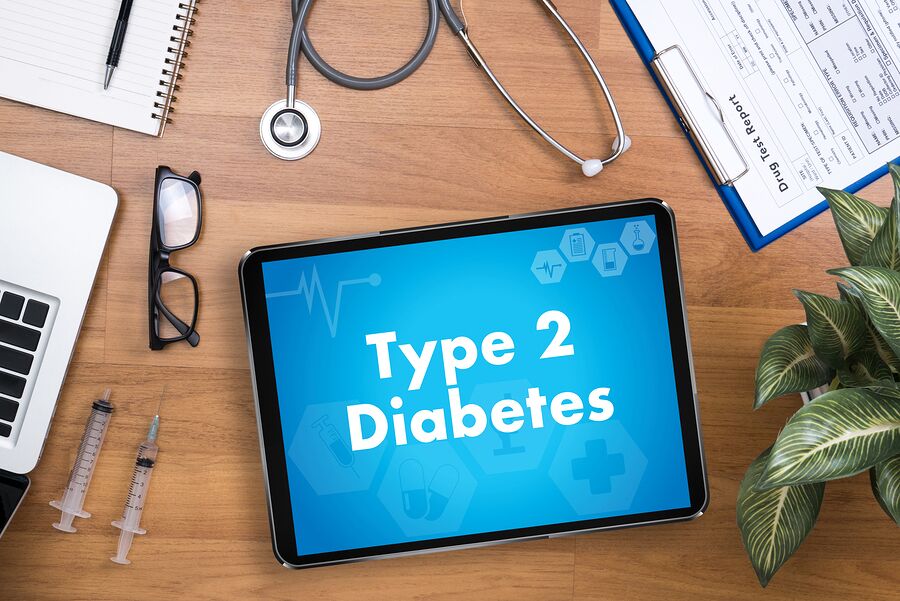Type 2 diabetes is the most common kind of diabetes. It affects over 30 million people in the United States. That means that if you’re a family caregiver to an older adult with diabetes, you are certainly not alone. As a family caregiver, one of the things you probably spend a lot of time doing is learning about the older adult’s conditions. To help you build your knowledge base on type 2 diabetes, below are 5 facts you need to know.

#1: Diabetes is Not Caused by Eating Sugar
Many people are under the misunderstanding that eating a lot of sugar is what causes diabetes. However, eating sweets and drinking sugary beverages do contribute to obesity. Weight is one of the risk factors that increases the chances of getting diabetes. Other factors that may contribute to developing diabetes include genetics, age, and lack of physical activity.
#2: The Bodies of People with Type 2 Diabetes Don’t Use Insulin Properly
Type 2 diabetes starts with insulin resistance, which means the body can’t use the insulin it makes. The pancreas tries to make up for it by producing more insulin. Eventually, though, the pancreas just can’t keep up and blood glucose levels rise.
#3: Some Ethnic Groups are At Higher Risk
People of certain ethnicities are more likely to get diabetes than others. Groups at a higher risk include:
- African Americans.
- Hispanic/Latino Americans.
- American Indians/Alaskan Natives.
- Pacific Islanders.
- Some Asian Americans.
In fact, the Centers for Disease Control and Prevention (CDC) says that about half of all people of Hispanic descent will get diabetes in their lifetime. And, Native Americans and Alaskan Natives are at double the risk of getting diabetes compared to Caucasians.
#4: People with Diabetes Do Not Have to Eat Special Foods
Okay, yes, managing diabetes does have a lot to do with watching what the older adult eats. However, there aren’t special foods they have to eat or even foods they have to eliminate. The key is to eat certain foods in moderation. What is considered a healthy diet for people with diabetes is much the same as a healthy diet for everyone else. Their diet should include lots of low-starch vegetables, fruits, lean protein, healthy fats, and whole grains.
#5: Home Care Can Help Manage the Disease
Being a family caregiver to an older adult can be challenging, especially for people who work full time, have children, or lead otherwise busy lives. Home care can give you the time to attend to those things and come back to caregiver responsibilities with a fresh attitude. Home care providers can come to the senior’s home as often as needed to assist with the older adult’s personal care. They can also take care of things around the house, like cleaning, cooking, and driving the senior where they need to go.
If you or someone you know needs Elder Care in Blaine, MN, contact Adara Home Health Care. We provide quality and affordable home care services for many fragile or senior members in the communities we serve. Call us at (888) 660-5772 for more information.
Sources
Diabetes.org/type-2
Medicalnewstoday.com
Cdc.gov/quick-facts
Diabetes.org/myths
Cdc.gov/library

